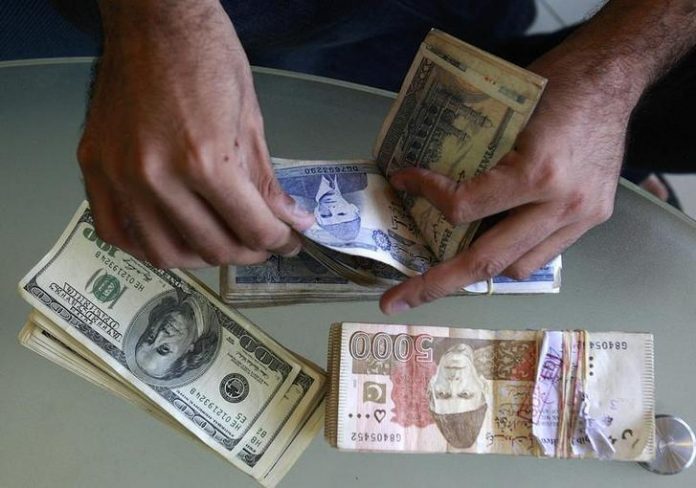KARACHI: The total payment transactions in Pakistan showed a decrease of 4.2 percent by volume and 3 percent by value in the third quarter of the fiscal year 2020, compared to the previous quarter, according to a review released by the State Bank of Pakistan (SBP) on June 9.
According to the review titled “Payment systems review for the 3rd quarter in fiscal year 2020”, the decrease in total payment transactions is primarily attributed to decreases in overall business volumes and values due to COVID-19 pandemic.
The said decreases have happened despite the SBP making efforts to increase the usage of online digital payments in order to reduce footfall at physical bank branches.
Pakistan’s payment systems include PRISM, which is owned and operated by the SBP, and allows for the transfer and settlement of high value interbank funds. On the retail payment side, there exist e-banking channels like Real Time Online Branches (RTOBs), ATMs, POS, internet banking, and mobile phone banking.
During the quarter under review, PRISM processed 662,100 transactions valuing Rs95.1 trillion. These transactions showed a quarterly increase of 2.9 percent by volume while it showed a decrease of 2.0 percent by value.
Meanwhile, e-banking transactions witnessed a decrease of 1.3 percent in volume and 0.9 percent in value. These channels processed 236.1 million transactions valuing Rs17.5 trillion.
In the total e-banking transactions, RTOBs had the highest share i.e. 82.8 percent in value of transactions whereas, the highest share with respect to volume i.e. 55.7 percent were processed by ATMs.
The review also noted that the number of POS machines increased from 47,567 to 48,763, which accounts for an increase of 2.5 percent in POS access points.
However, POS transactions decreased from 20.5 million to 19.5 million by volume, and Rs107.5 billion to Rs102.5 billion in value, marking a decrease of 4.9 percent in volume and 4.7 percent in value respectively.
“It is expected that we will observe a further decline in transactions during the next quarter due to closure of markets and businesses during the lockdown period triggered by the COVID-19 pandemic,” the review noted.




